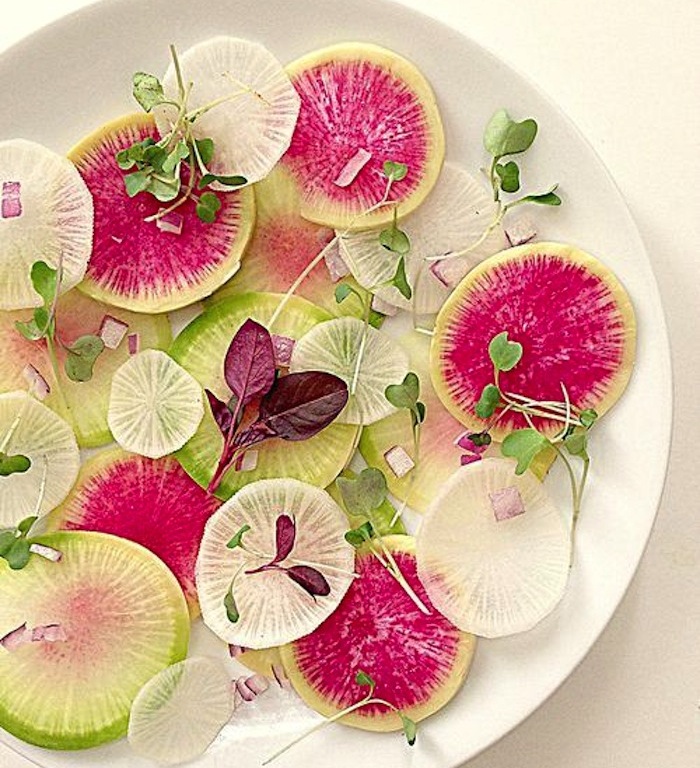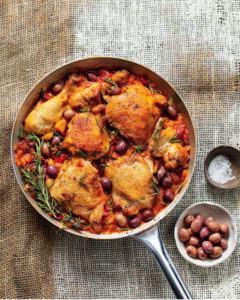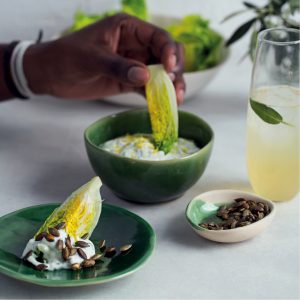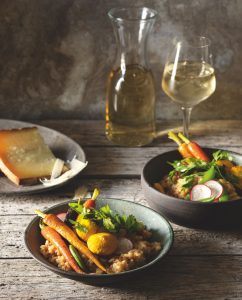Think of your immune system as an army of germ-fighting soldiers: it prevents all of those nasty disease-causing micro-organisms from making you sick every day. Then think of what you eat as the army’s armour: when you eat plenty of the right foods, the armour gets thicker. The idea of being able to ‘boost’ your immune system with a few pills may seem enticing, says Faaizah Laher, a registered dietitian and Association for Dietetics in South Africa spokesperson, but keeping your body’s defences strong really starts in the kitchen.
The front line
What makes up your immunity is not a single entity, but rather a system of organs, cells and tissues spread throughout your body. Ideally, your first line of defence is a healthy lifestyle, so that every part of your body is able to function better when it comes to protecting you from environmental assaults.
Eat a diet high in fruit, veg and wholegrains, and low in saturated fats. Keep a healthy body weight (so that your hormones will tick along in balance), drink alcohol in moderation, get enough sleep, exercise and avoid tobacco.
Are superfoods that super?
Superfood | noun |
A nutrient-rich food considered
to be especially beneficial for health and well-being
Despite this impressive-sounding definition, no one single food can take the place of the important combination of nutrients from all of the major food groups.
‘Added to that, superfoods are often expensive, so if you want to include them in your eating plan, do so in moderation as part of a balanced diet. And remember that there isn’t going to be much benefit if, for the most part, you are following a poor-quality diet,’ says Faaizah.
‘I like including superfoods in my diet where I can, but I don’t overdo them or break the bank,’ she says. ‘For example, I like to use ginger in my stir-fry, chia seeds in a glass of warm milk, or berries in yoghurt with a low-GI cereal. You could also add some kale or spinach to your stir-fry, or include goji berries in your low-GI muesli.’
Eat for strength
Help protect yourself against possible infection by including these nutrients in your diet:
1. Protein
Protein is part of the body’s defence mechanism.
Find it in lean red meat, eggs, poultry, seafood, beans and peas, soy products, nuts and seeds.
2. Vitamin A
Vitamin A helps regulate the immune system and keeps your tissues healthy.
Find it in sweet potatoes, eggs, kale and spinach, red peppers, carrots, apricots and specially fortified foods.
Vitamin C stimulates the formation of antibodies.
Find it in citrus fruit, pawpaws, strawberries, tomato juice, red peppers and fortified foods.
3. Vitamin E
Vitamin E is an antioxidant
and neutralises free radicals.
Find it in nuts (hazelnuts and almonds, in particular), seeds, peanut butter, vegetable oils, spinach, broccoli and specially fortified foods.
4. Zinc
Zinc helps the immune system work properly.
Find it in lean red meat, poultry, seafood, milk, beans and peas, wholegrain products and nuts.




